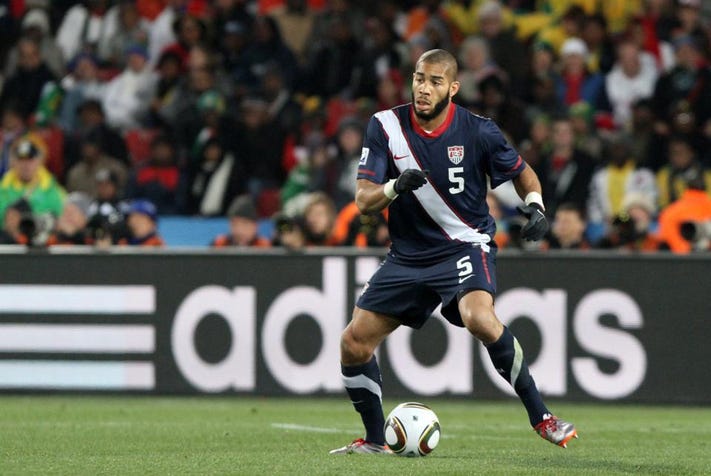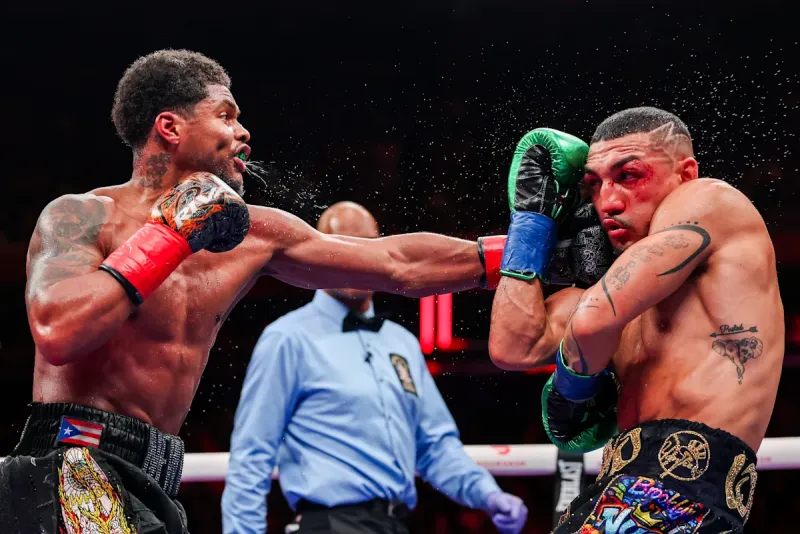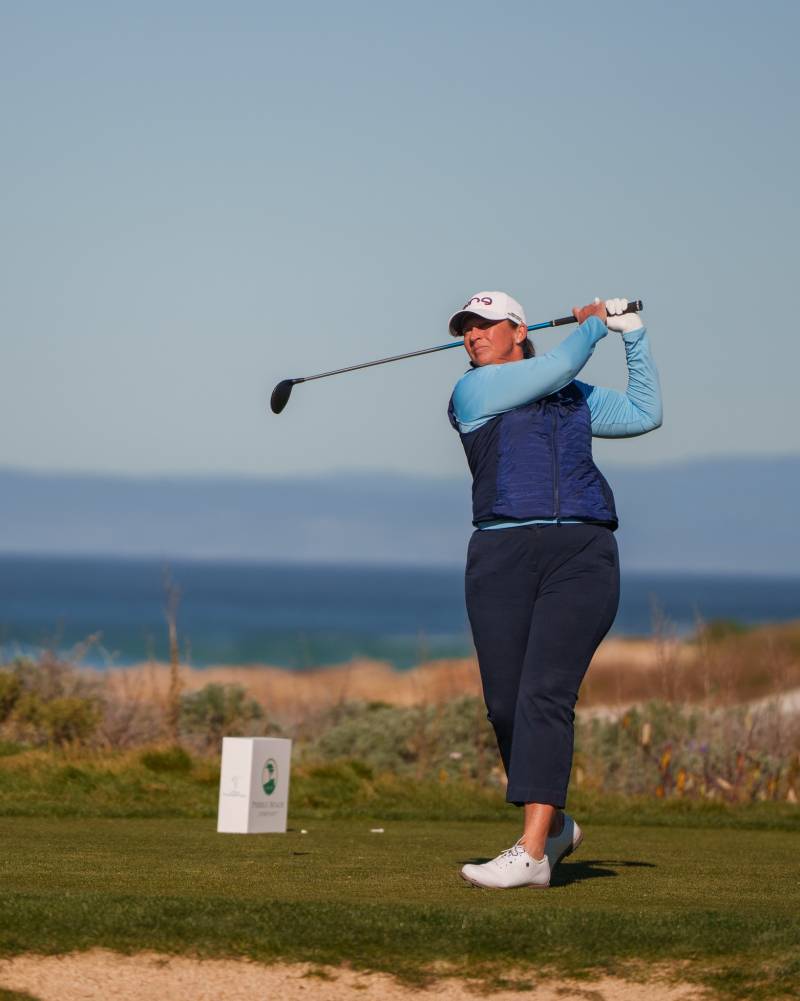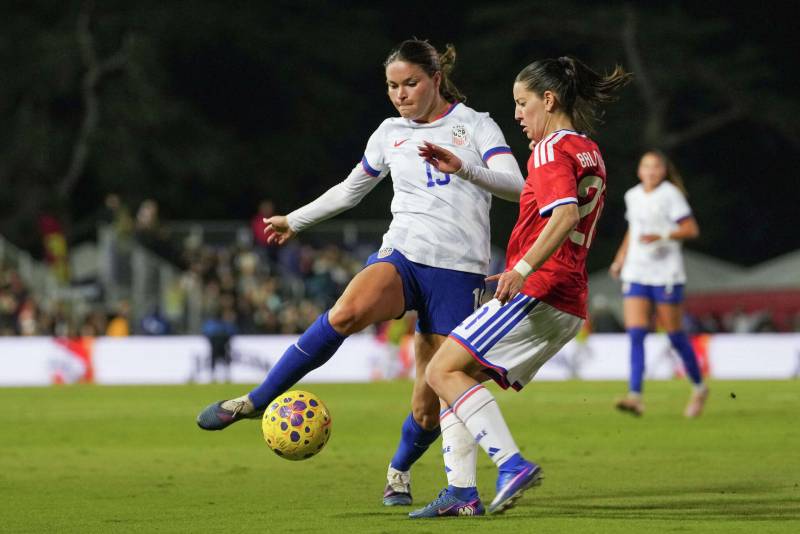Every summer, soccer magazines across Europe run glossy season previews, coming in all shapes and sizes; cherished by fans, observers and everyone with a fleeting interest in the game for the detailed team profiles, succinct analysis and trivial information. Belgium’s Sport/Voetbalmagazine fits that description. This year, however, it had to omit one of the 24 domestic club profiles: Excelsior Virton, and with good reason.
Weeks before the new season’s kick-off, the club was skeletal: no coach, no substantial operations, debts and a controversial owner. Even in the Wild West of Belgian soccer, having just two players on the books at that stage of the pre-season was unreal. “This isn’t my first rodeo,” Oguchi Onyewu, the club’s new secretary general, tells me, in an office behind the club’s fan shop, located in the parking lot of discount supermarket Aldi.
Somehow, it is fitting. Tucked away in the green hills, Belgium’s most southern town sits sleepily near the French border, a stone’s throw away from financial hub Luxembourg. Taxis don’t service the railway station, cafes and restaurants are scarce. A winding road leads to the supermarket and the stadium, where Virton - after a lengthy legal battle - plays in the second division. The episode didn’t make Onyewu think twice. He says: “This is an ideal situation to get reintroduced to Europe and to this administrative role in soccer.”
But is it? In March, club owner Flavio Becca, an entrepreneur from Luxembourg, was sentenced to two years in prison and fined €250,000 for abuse of company assets. Becca had kept about 900 luxury watches, with an estimated value of €18 million, in his private safe. “I do my checks on everyone - on Becca, on Tom (Van den Abbeele, sporting director),” explains Onyewu. “I am not fake - if I have a question I will ask you rather than somebody else. All of my questions were answered in an honest manner.”
Becca is the club’s Maecenas. Even so, Virton, with long-standing debts of €4.1 million, recorded a near €2 million loss for the 2018/19 season. Onyewu deflects any financial concerns. He says: “You have Lommel backed by City Football Group. I see it is no more as a problem than anywhere else. It’s a situation with maybe 80-90 percent of clubs in the world. Real Madrid and FC Barcelona operate in debt in perpetuity. This is not a unique situation.”
AEW Grand Slam Results: Winners, News And Notes From Night 1
Anthony Joshua Vs. Oleksandr Usyk Predictions And Odds: Fighters Make Their Picks
And he is right. It’s no exception in Belgian soccer either, where foreign owners and a slate of unsavory characters have long infiltrated the club game, exploiting an unregulated market. Debts are rampant and current champions Club Brugge and Racing Genk are among the few professional clubs to realize profit.
More pressing problems trumped Virton’s finances. In a matter of weeks, the club assembled a team and appointed Christophe Gregoire as head coach, a whirlwind first-month for the American secretary general, which he describes as “chaos” and “disconnect”, a sentiment he encountered in his first front-office role with Orlando City B.
The situation in Florida was not unlike Virton’s. The club forewent the 2018 season. A team had to be built from scratch. Onyewu then got an eye-opening crash course in club operations, much by trial and error of his own admission. Ultimately, there was too much “disconnect” between the MLS parent franchise and the second team, operated by Montverde Academy, a third party.
So, in Virton, Onyewu finds himself on familiar ground, but he won’t import an American model. He can’t either: Onyewu spent the last two decades playing for a series of European clubs, including La Louvière, Standard Liege and AC Milan. At La Louvière, Onyewu, Peter Odemwingie and Silvio Proto were among the players who blossomed and moved to bigger clubs.
Onyewu sees Virton as a future feeder club. “To my knowledge, there are not a lot of players from this club that have been sold on for profit,” says Onyewu. “I would like to change that. We have a very young team, even this past weekend we played against Mouscron. Their average age was 30, ours 23. There is a lot of future potential in the make-up of our players, whether here or elsewhere. They can be sold on.”
Virton has produced a major star in the past. Once a postman and now a flying wing-back, Thomas Meunier was sold for 200,000 euros to Club Brugge in 2011. Pocket money in the game, but those were different times. Meunier was a local boy, who enjoyed playing for a local community club. The recent legal battle, the owner’s conviction and the exodus of players have left Virton anemic, alienated from the fan base and Belgian soccer.
“It’s about regrouping the community behind the club,” believes Onyewu. “It's about cleaning up everything else, be it with the Belgian FA, be it with the community. It’s whether people perceive us to be right. Perception is the biggest victory you can have because everyone's perception is their reality. After this, I would love for their perception and the real truth to be on the same level.”
It is a mammoth task for Onyewu and his administration, but if they succeed, the Belgian soccer community will embrace Virton and the club will feature again in the previews of glossy soccer magazines next summer.




